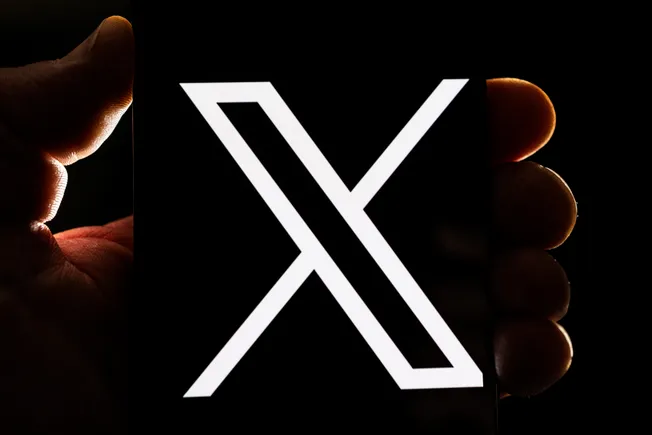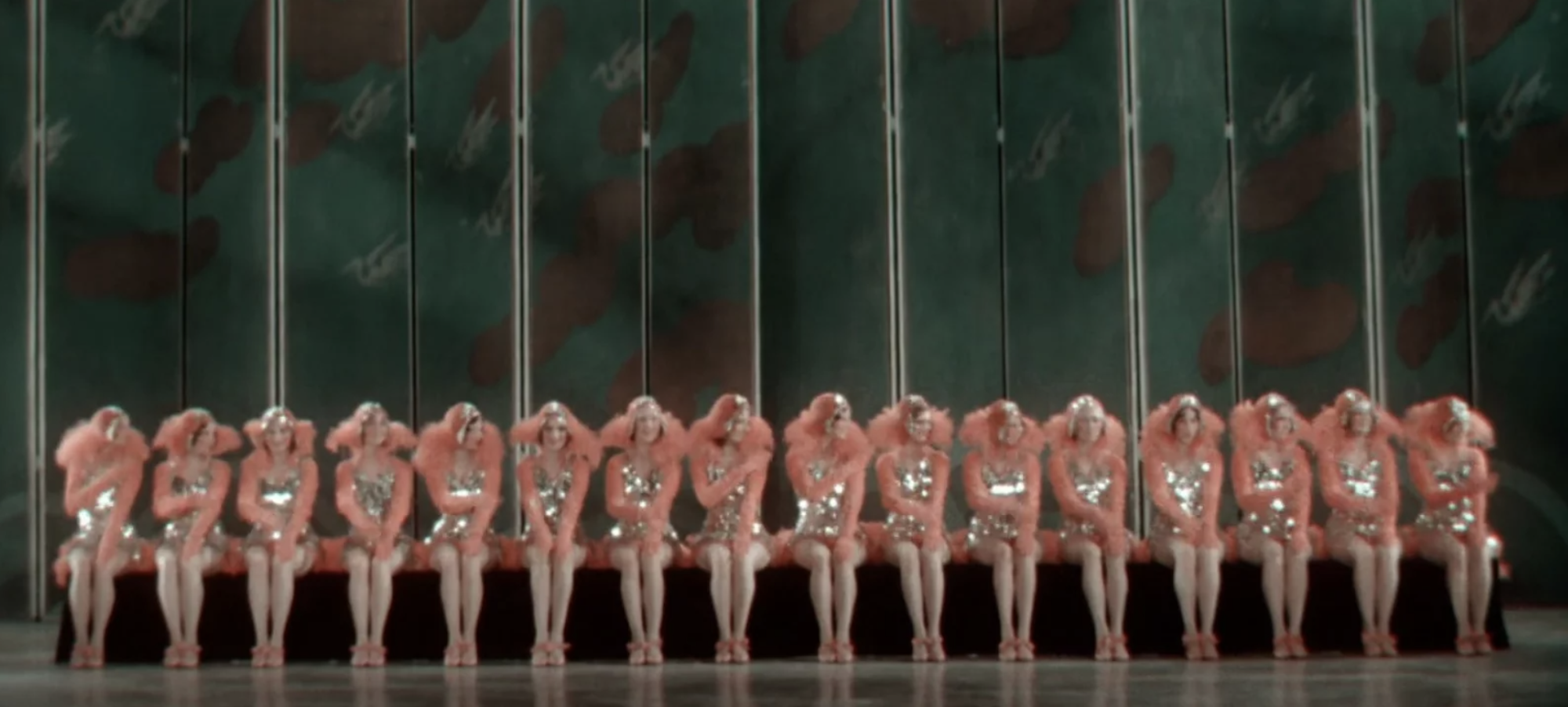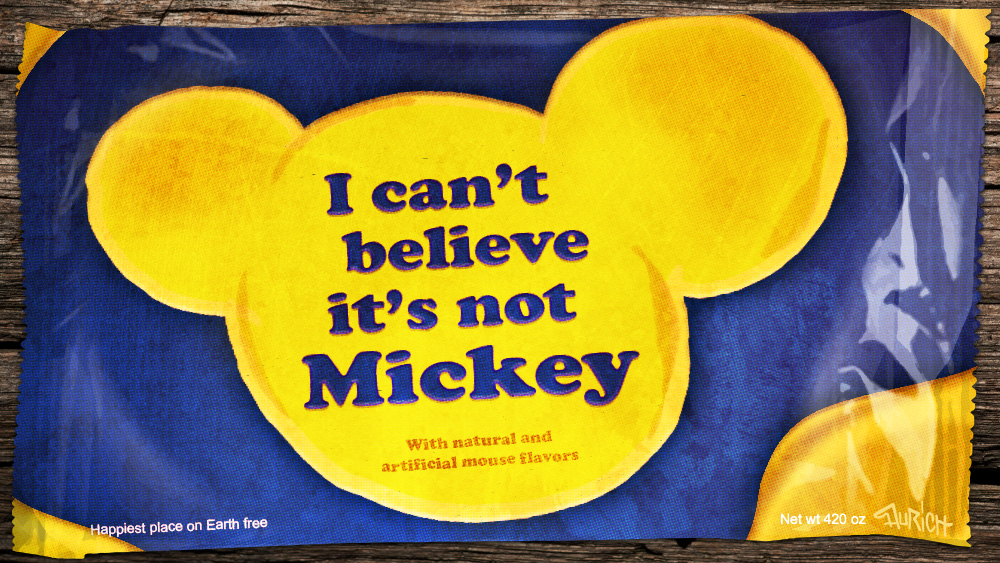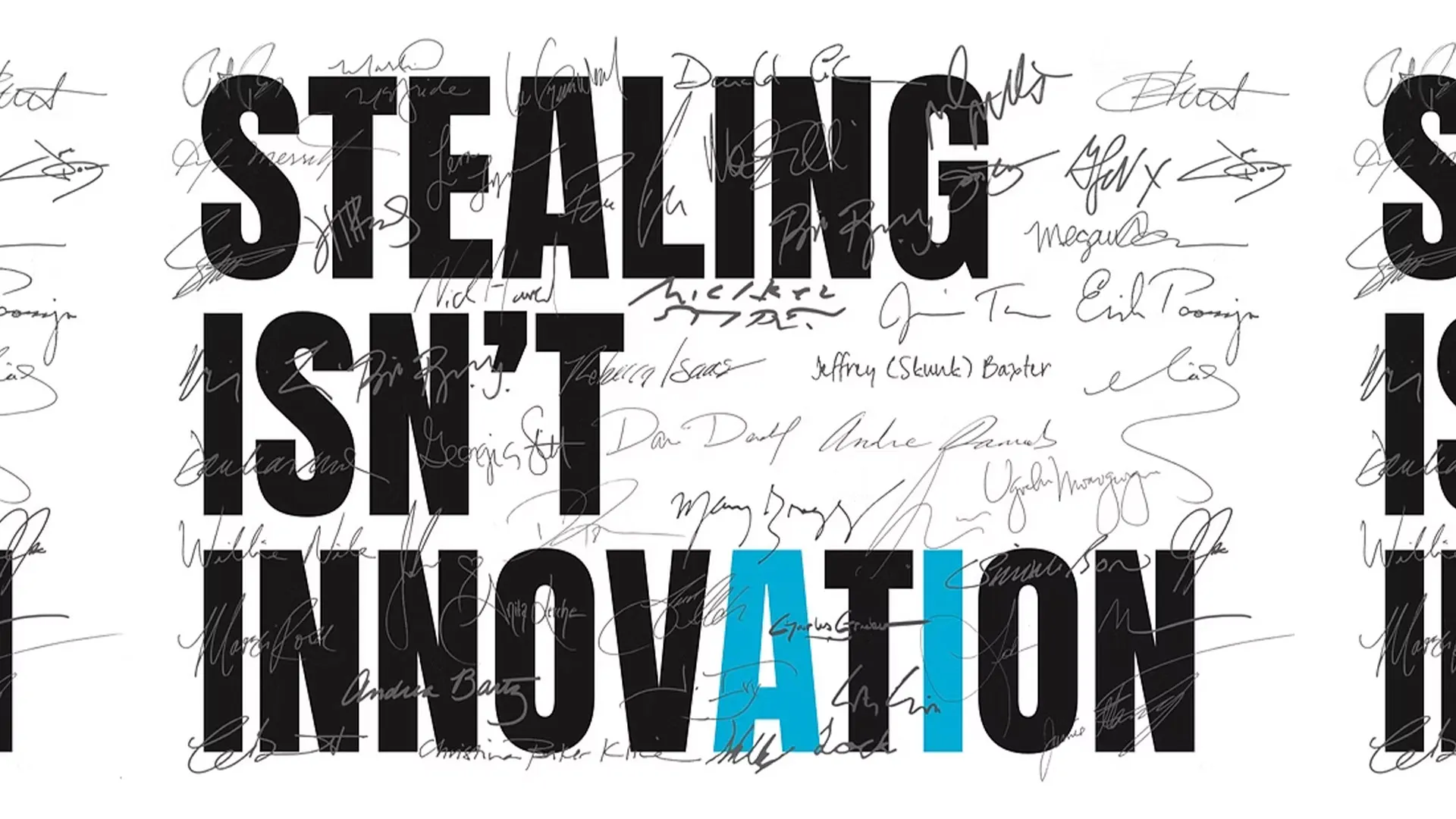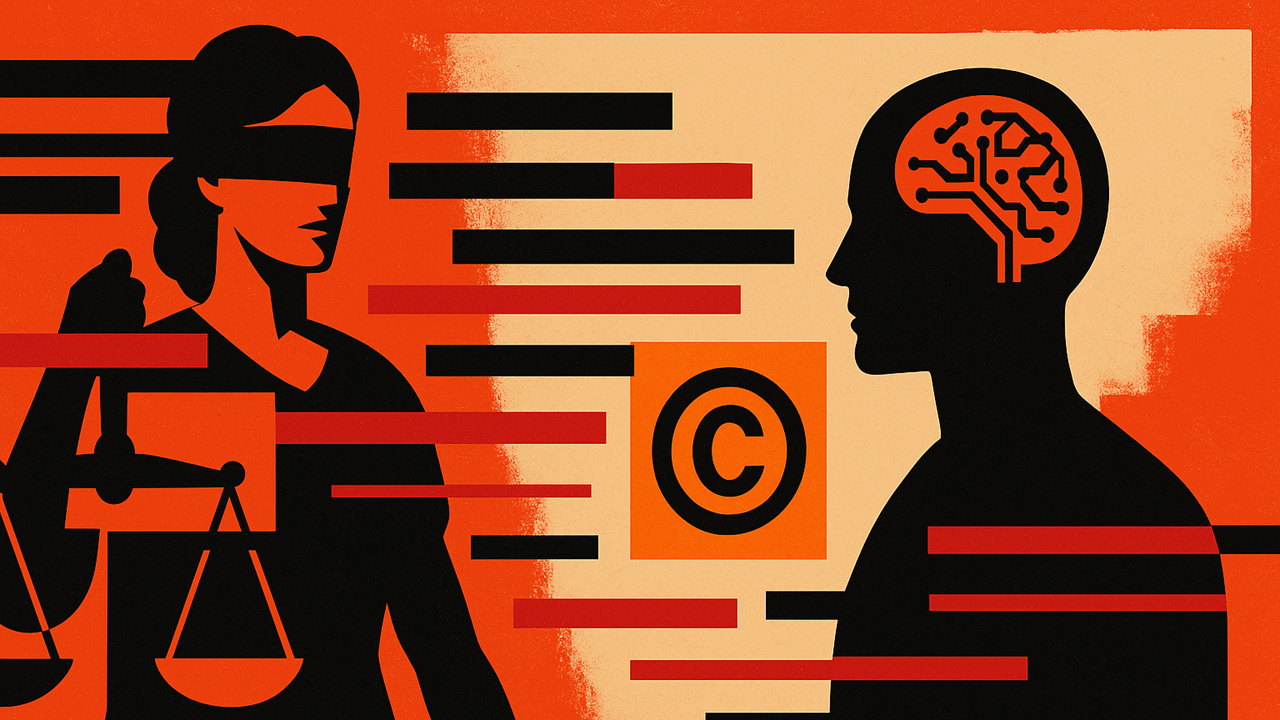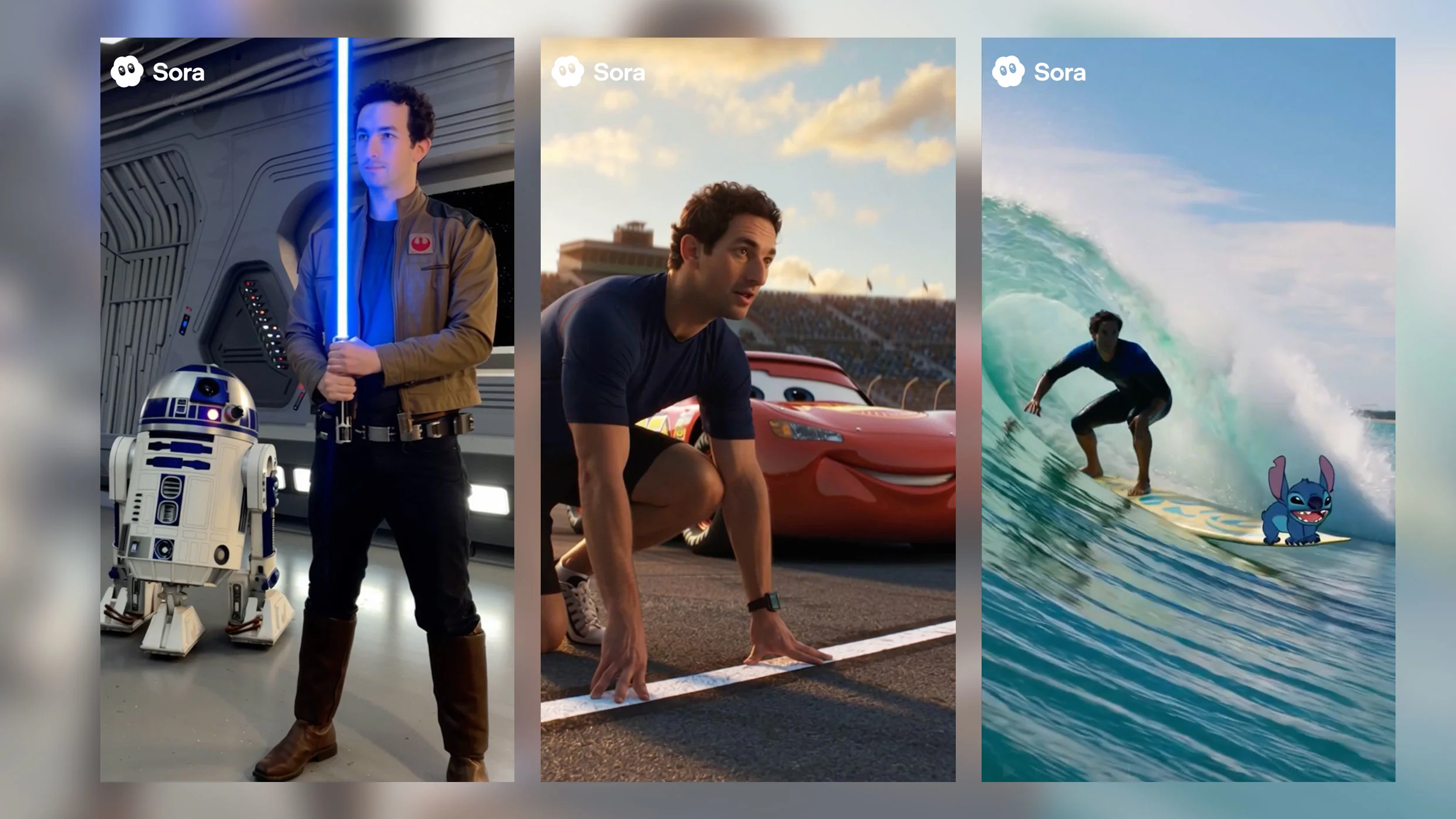#copyright
#copyright
[ follow ]
#generative-ai #music-industry #licensing #lawsuit #property-listings #disclaimer #mls #ai-music #disney #ai-training
Intellectual property law
fromPatently-O
4 days agoGovernment Urges Supreme Court to Deny AI Copyright Case, Emphasizing Narrow Question and Statutory Text
Current statute requires human authorship for copyright; recognizing autonomous AI as an author is unsupported, while human-AI collaboration questions remain unresolved.
fromwww.nature.com
5 days agoPublisher Correction: Nanotyrannus and Tyrannosaurus coexisted at the close of the Cretaceous
Since the version of the article initially published, the copyright line has been amended to North Carolina Department of Natural and Cultural Resources and James Napoli, under exclusive licence to Springer Nature Limited in the HTML and PDF versions of the article.
fromEngadget
5 days agoPublishers are blocking the Internet Archive for fear AI scrapers can use it as a workaround
"A lot of these AI businesses are looking for readily available, structured databases of content," Robert Hahn, head of business affairs and licensing for The Guardian, told . "The Internet Archive's API would have been an obvious place to plug their own machines into and suck out the IP."
Media industry
fromKotaku
5 days agoGoogle's New AI Tool Makes Bad Rip-Offs Of Mario, Zelda Games
Google has just started rolling out access to its new "experimental research prototype" Project Genie, an AI tool powered by Genie 3 and Gemini that allows users to create interactive, explorable worlds with a simple text prompt. Unsurprisingly, someone has immediately used it to generate a bunch of playable Nintendo knock-offs, including a The Legend of Zelda: Breath of the Wild clone, complete with a usable paraglider.
Artificial intelligence
fromwww.theguardian.com
1 week agoCopyrighted art, mobile phones, Greenland: welcome to our age of shameless theft | Jonathan Liew
On the way home, I screenshot and crop a news article and share it to one of my WhatsApp groups. In another group, a family member has posted an AI-generated video (forwarded many times) of Donald Trump getting his head shaved by Xi Jinping while Joe Biden laughs in the background. I watch the mindless slop on my phone as I walk along the main road, instinctively gripping my phone a little tighter as I do so.
Intellectual property law
fromConsequence
1 week agoSpotify and Big 3 Record Labels Sue Anna's Archive for $13 Trillion (!) Alleging Theft
Spotify and the Big 3 record labels - Universal Music Group, Sony Music Entertainment, and Warner Music Group - have filed a lawsuit against Anna's Archive, alleging the pirate platform scraped 86 million music files, and claiming an eye-popping $13 trillion in damages. Anna's Archive, formerly known as the Pirate Library Mirror, is accused of "brazen theft of millions of files containing nearly all of the world's commercial sound recordings," according to the full complaint.
Music
Intellectual property law
fromIPWatchdog.com | Patents & Intellectual Property Law
1 week agoFourth Circuit Partially Reverses District Court in Latest Chapter of Decade-Long Blackbeard Copyright Case
Fourth Circuit reversed and vacated district rulings, finding Allen's new copyright theory lacked extraordinary circumstances and directing dismissal with prejudice.
Marketing
fromBuffer: All-you-need social media toolkit for small businesses
2 weeks agoThe Ultimate Guide to GIFs: How to Create Them, When to Use Them and Why They're Essential for Every Marketer -
GIFs are animated image files that enhance digital communication, easily created using tools like GIPHY, Canva, or Photoshop and useful for marketing.
#antitrust
fromIPWatchdog.com | Patents & Intellectual Property Law
3 weeks ago
Intellectual property law
Other Barks & Bites for Friday, January 9: Eleventh Circuit Applies Section 512(c) Safe Harbor to YouTube; Ninth Circuit Says Apple's Prevention of Access to Heart Rate Data is Lawful; EPO Expands AI Pilot Program
Intellectual property law
fromIPWatchdog.com | Patents & Intellectual Property Law
1 week agoCreators Launch Campaign to Counter Big Tech's Alleged AI Copyright Theft
Large tech companies used copyrighted creative works without authorization to train GenAI, threatening creators' livelihoods, U.S. creative industry economics, and information quality.
Intellectual property law
fromBusiness Matters
1 week agoLegal experts warn UK firms of rising AI risks in 2026 as regulation tightens
Businesses must tighten governance of AI use to avoid escalating legal, financial and reputational risks from copyright, data protection breaches, and misleading AI outputs.
fromElectronic Frontier Foundation
1 week agoCopyright Should Not Enable Monopoly
There's a crisis of creativity in mainstream American culture. We have fewer and fewer studios and record labels fewer and fewer platforms online that serve independent artists and creators. At its core, copyright is a monopoly right on creative output and expression. It's intended to allow people who make things to make a living through those things, to incentivize creativity. To square the circle that is "exclusive control over expression" and "free speech," we have fair use.
Intellectual property law
fromElectronic Frontier Foundation
2 weeks agoStatutory Damages: The Fuel of Copyright-based Censorship
Imagine every post online came with a bounty of up to $150,000 paid to anyone who finds it violates opaque government rules-all out of the pocket of the platform. Smaller sites could be snuffed out, and big platforms would avoid crippling liability by aggressively blocking, taking down, and penalizing speech that even violates these rules. In turn, users would self-censor, and opportunists would turn accusations into a profitable business.
Intellectual property law
fromDigiday
2 weeks agoThe Rundown: Google has drawn its AI payment lines - and publishers' leverage is narrow
Google's testimony to U.K. lawmakers this week did more than restate familiar arguments about fair use and training. It clarified the boundaries of what the company believes it should, and should not, pay publishers for in the AI-driven search ecosystem. For publishers trying to navigate AI licensing, the message was blunt: Google is willing to pay for access, but not for training - and it remains unwilling to define AI Overviews as a compensable use of journalism.
Artificial intelligence
fromThe Atlantic
3 weeks agoAI's Memorization Crisis
In fact, when prompted strategically by researchers, Claude delivered the near-complete text of Harry Potter and the Sorcerer's Stone, The Great Gatsby, 1984, and Frankenstein, in addition to thousands of words from books including The Hunger Games and The Catcher in the Rye. Varying amounts of these books were also reproduced by the other three models. Thirteen books were tested.
Intellectual property law
fromThe IP Law Blog
1 month agoThe Briefing - New York Times v. Perplexity AI: Copyright, Hallucinations, and Trademark Risk
In this episode of The Briefing, Weintraub Tobin partners Scott Hervey and Matt Sugarman break down The New York Times v. Perplexity AI, a lawsuit that goes beyond copyright and into largely untested trademark territory. They discuss the Times' allegations that Perplexity copied its journalism at both the input and output stages and, more significantly, that the AI attributed fabricated or inaccurate content to the Times using its trademarks.
Intellectual property law
fromElectronic Frontier Foundation
1 month agoSite Blocking Laws Will Always Be a Bad Idea: 2025 in Review
More than a decade ago, Congress tried to pass SOPA and PIPA-two sweeping bills that would have allowed the government and copyright holders to quickly shut down entire websites based on allegations of piracy. The backlash was massive. Internet users, free speech advocates, and tech companies flooded lawmakers with protests, culminating in an "Internet Blackout" on January 18, 2012. Turns out, Americans don't like government-run internet blacklists. The bills were ultimately shelved.
US politics
Intellectual property law
fromElectronic Frontier Foundation
1 month agoFighting Renewed Attempts to Make ISPs Copyright Cops: 2025 in Review
A court ruling could require ISPs to cut internet access based on mere copyright accusations, risking essential connectivity for libraries, schools, hospitals, and shared households.
Artificial intelligence
fromwww.theguardian.com
1 month agoFrom shrimp Jesus to erotic tractors: how viral AI slop took over the internet
AI-generated low-quality viral content ('slop') flooded social media in 2024–25, democratizing creation but increasing uncanny, copyright-violating trends like shrimp Jesus and Ghiblification.
Intellectual property law
fromIPWatchdog.com | Patents & Intellectual Property Law
1 month agoThe IP Protecting the Hottest Gifts of 2025: Labubu Dolls, Fidget Toys and Lilo & Stitch Puppetronics
Effective intellectual property protection enabled Pop Mart's Labubu franchise to grow globally, driving massive sales and prompting enforcement actions against counterfeits.
fromArs Technica
1 month agoMicrosoft takes down mod that recreated Halo 3 in Counter-Strike 2
Modder Froddoyo introduced Project Misriah on November 16 as "a workshop collection of Halo ported maps and assets that aims to bring a Halo 3 multiplayer-like experience to Counter-Strike 2." Far from just being inspired by Halo 3, the mod directly copied multiple sound effects, character models, maps, and even movement mechanics from Bungie and Microsoft's popular series.
Video games
fromBoston Condos For Sale Ford Realty
1 month agoBoomerang Housing Boston Condos For Sale Ford Realty
© 2025 MLS Property Information Network, Inc. (MLSPIN). All rights reserved. The property listing data and information, or the Images, set forth herein were provided to MLS Property Information Network, Inc. from third-party sources, including sellers, lessors, landlords, and public records, and were compiled by MLS Property Information Network, Inc. The property listing data and information, and the Images, are for the personal, noncommercial use of consumers having a good faith interest in purchasing, leasing
Real estate
fromThe Atlantic
1 month agoI Am Time Magazine's Person of the Year
For the past two years, my colleague Alex Reisner has investigated precisely how tech companies use massive data sets to train their LLMs. He has repeatedly found that so-called architects of AI have relied heavily on enormous databases of copyrighted work to create chatbots and other programs, and has also found that this work is generally taken without the consent or awareness of its creators: musicians, filmmakers, YouTubers, podcasters, illustrators, writers.
Artificial intelligence
Real estate
fromBoston Condos For Sale Ford Realty
1 month ago2026 Boston Condo Buyer Design Trends Boston Condos For Sale Ford Realty
MLS Property Information Network provides third-party compiled property listings and images strictly for personal, noncommercial prospective-purchaser, lessee, or renter use and disclaims accuracy warranties.
fromwww.bbc.com
1 month agoJorja Smith's record label hits out at 'AI clone' song
The team behind the song have admitted using AI during its creation. Producer and songwriter Harrison Walker said the original vocals were actually his own, but were heavily manipulated using music-generation software Suno - sometimes called the "ChatGPT for music". Meanwhile, the second producer Waypoint, real name Jacob Donaghue, confirmed on social media that AI was used to "give our original vocal a female tone".
Music
fromIPWatchdog.com | Patents & Intellectual Property Law
2 months agoCox v. Sony Arguments Signal Justices May Fashion Middle-Ground Liability Test for ISPs
"We are being put to two extremes here... How do we announce a rule that deals with those two extremes?" - Justice Sonia Sotomayor
Intellectual property law
[ Load more ]



